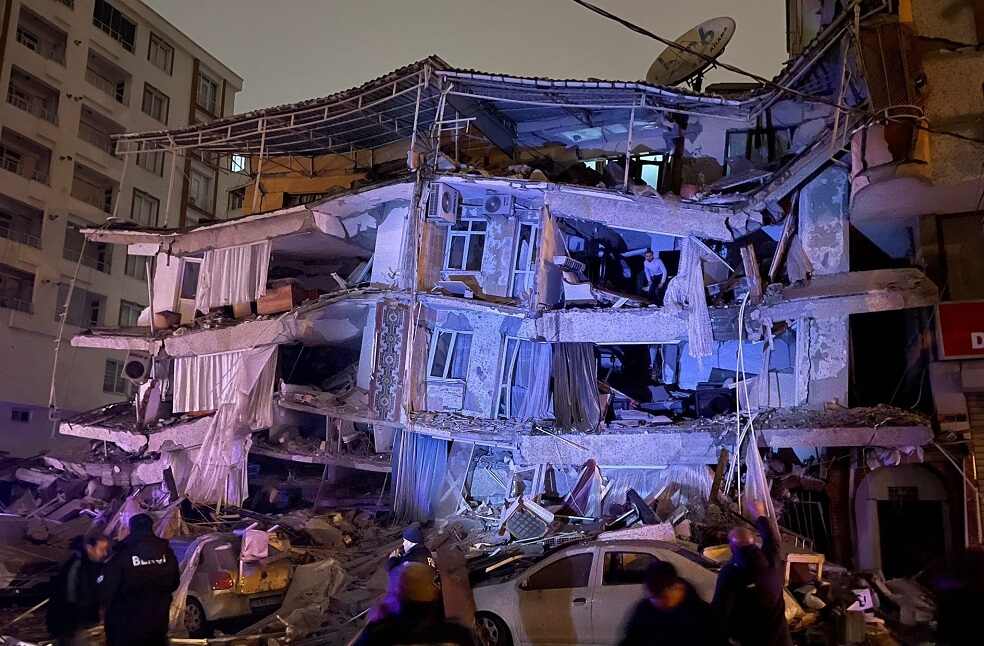Syria: The US has temporarily loosened its sanctions against Syria in an effort to speed up aid deliveries to the country’s northwest with thousands of people killed in last week’s earthquake.
The devastation in Syria’s north, which had already been severely damaged by the civil war and is now mostly under opposition control with Bashar al-Assad’s government only present in a few areas, was made worse by the earthquake that has killed close to 23,000 people there and in the neighbouring country of Turkey.
“I don’t think that this license will suddenly open the floodgates and allow for unhindered humanitarian access and delivery in Syria,” remarked Ms. Delaney Simon, a senior analyst at the International Crisis Group’s US program.

“There are just too many other access issues. But I hope that the license will ease the concerns of financial providers, the private sector and other actors, to show them that sanctions won’t be a risk for them to engage in Syria,” Ms. Delaney added.
Since being identified as a state sponsor of terrorism by Washington in 1979, Syria has been subject to US sanctions. After the civil conflict began in 2011, the White House continually tightened the restrictions, which deteriorated relations between Syria’s government and the west and coincided with the invasion of Iraq in 2004.
DAS Goldrich advised @pofsoc the US remains committed to do everything possible to help those affected & is increasing its assistance for the relief effort. Our humanitarian partners in Syria are already drawing on U.S. funding to provide emergency relief & shelter to survivors. pic.twitter.com/kRyMH8LXOS
— U.S. Embassy Syria (@USEmbassySyria) February 11, 2023
One of the strongest shots was launched in 2019 when Congress authorised the Caesar sanctions, so named after the alias used by a Syrian military photographer who smuggled out images showing widespread abuse in Assad’s prisons. The measure seeks to punish the Syrian president’s supporters in foreign finance and politics who have assisted him in maintaining his position of power ever since the initial uprisings.
Volunteers from all over the world have joined local rescuers in Turkey, which has seen the most of the tremor’s fatalities, as they labour in earthquake-devastated villages and cities. They have also been supported by supplies of foreign aid. However, just two of the UN’s aid convoys have passed through the country’s one border crossing with Turkey since the earthquake struck, one of which was planned in advance. In Syria, where the UN provides assistance to 4.1 million people in the northwest, only two convoys have done so.



